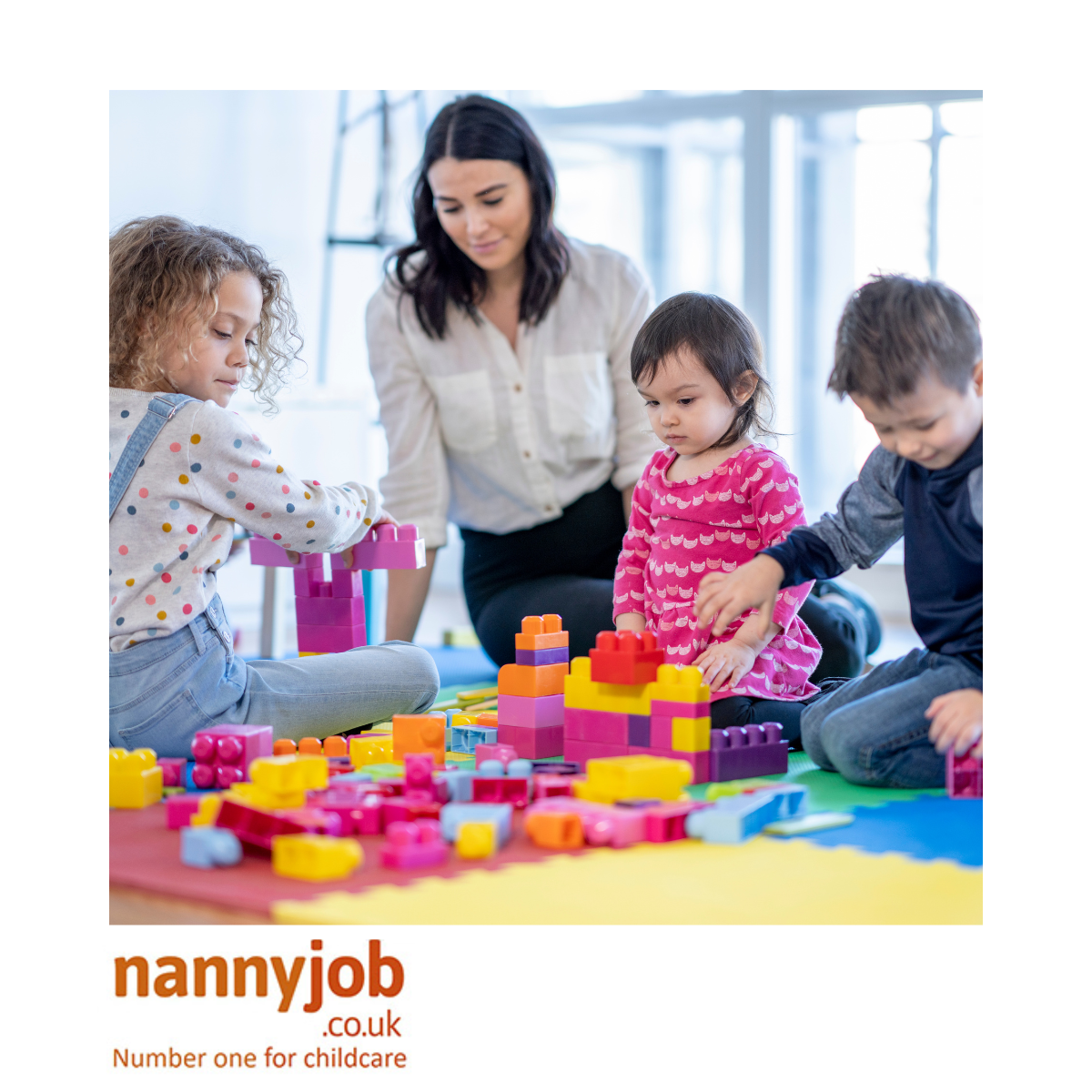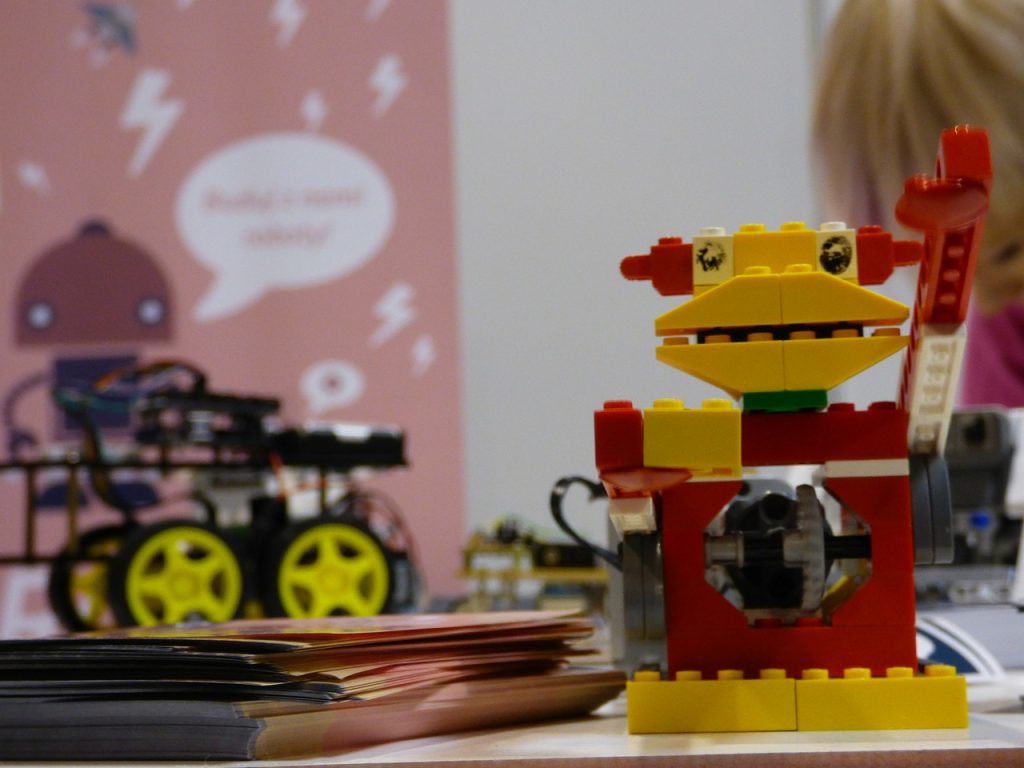 Separating from their primary carer is a difficult experience for babies, and their parents too! In this post we look at some of the causes of separation anxiety and strategies to help.
Separating from their primary carer is a difficult experience for babies, and their parents too! In this post we look at some of the causes of separation anxiety and strategies to help.
What is separation anxiety?
Most people equate separation anxiety with crying and clinginess to a familiar adult. Separation anxiety is a natural stage that most children experience for the first time between 7 and 12 months. It’s a perfectly normal reaction to being parted from their primary carer. Unfortunately it also often coincides with a child entering childcare for the first time as a parent goes back to work. By the time a child is 2 years old, separation anxiety should have calmed down, although they may still be anxious or nervous about staying with an unfamiliar adult or in an unfamiliar place the first time it happens. Children (and adults) continue to experience some symptoms of separation anxiety even when they can rationalise what it happening. This can often be seen in parents leaving their child for the first time!
What causes separation anxiety?
Separation anxiety occurs when babies realise that things and people exist even when they can’t be seen. Babies realise that they are alone and feel that there should be someone there, so may cry in the night if they wake and find themselves alone or cry if you leave the room, or they feel anxious when a familiar adult leaves, even if there is someone to look after them.
What can help?
This depends on what is causing the anxiety and the extent you’re prepared to compromise what you do.
If a baby experiences separation anxiety every time you leave the room one option is to take them with you. At some stage they will outgrow their anxiety but this isn’t always practical.
Another strategy is to practice, first by playing peekaboo or hide and seek and then leaving the room and popping back in frequently. Say that you’re going and you’ll be back soon, and don’t worry if you can only manage 10 seconds at first. The most important thing is that you leave and come back.
Children will often experience less separation anxiety if left with another familiar adult so try to balance time spent with Mummy where Daddy leaves and time spent with Daddy and Mummy leaves. A child will feel more secure about the absence of one parent because the other parent is still there. Having other familiar adults – extended family, neighbours or friends – who will stay while you leave, even if it’s just to make a cup of tea, will acclimatise them to being without you without being alone.
At night or nap time do comfort a child but keep visits short and try to avoid lots of interaction. Their separation anxiety is real and distressing for them and they need to know that you are there. If they are unable to fall asleep because they are so distressed try the gradual retreat method where you put them in their cot and sit beside them, gradually moving further and further away until you are out the door. It may take a while and you need to be consistent but it is a gentle way to help them overcome their fear.
Separation anxiety and childcare – some advice for parents.
Children who have only ever been in the care of their parents naturally experience separation anxiety when they enter childcare or school.Children who are used to being around a wide range of familiar adults, for example extended family, are less likely to protest when Mummy or Daddy leaves although they are still likely to experience some separation anxiety. The transition just feels easier because they are accustomed to you leaving and coming back and you are used to leaving them.
It’s important to have a settling in period with a childminder or nursery, or a handover with a new nanny. Build up to a short day by first leaving for short periods, then half days and eventually a full day.
Make sure you always say good-bye when you go, and childcarers should always say good-bye at the end of the day too. Once you have left resist the temptation to pop back and see how they’re doing and then leaving again – this is confusing for children.
Always be positive about your chosen childcare. If your child senses that you are nervous or unsure they will pick up on this and feel unsettled too.









